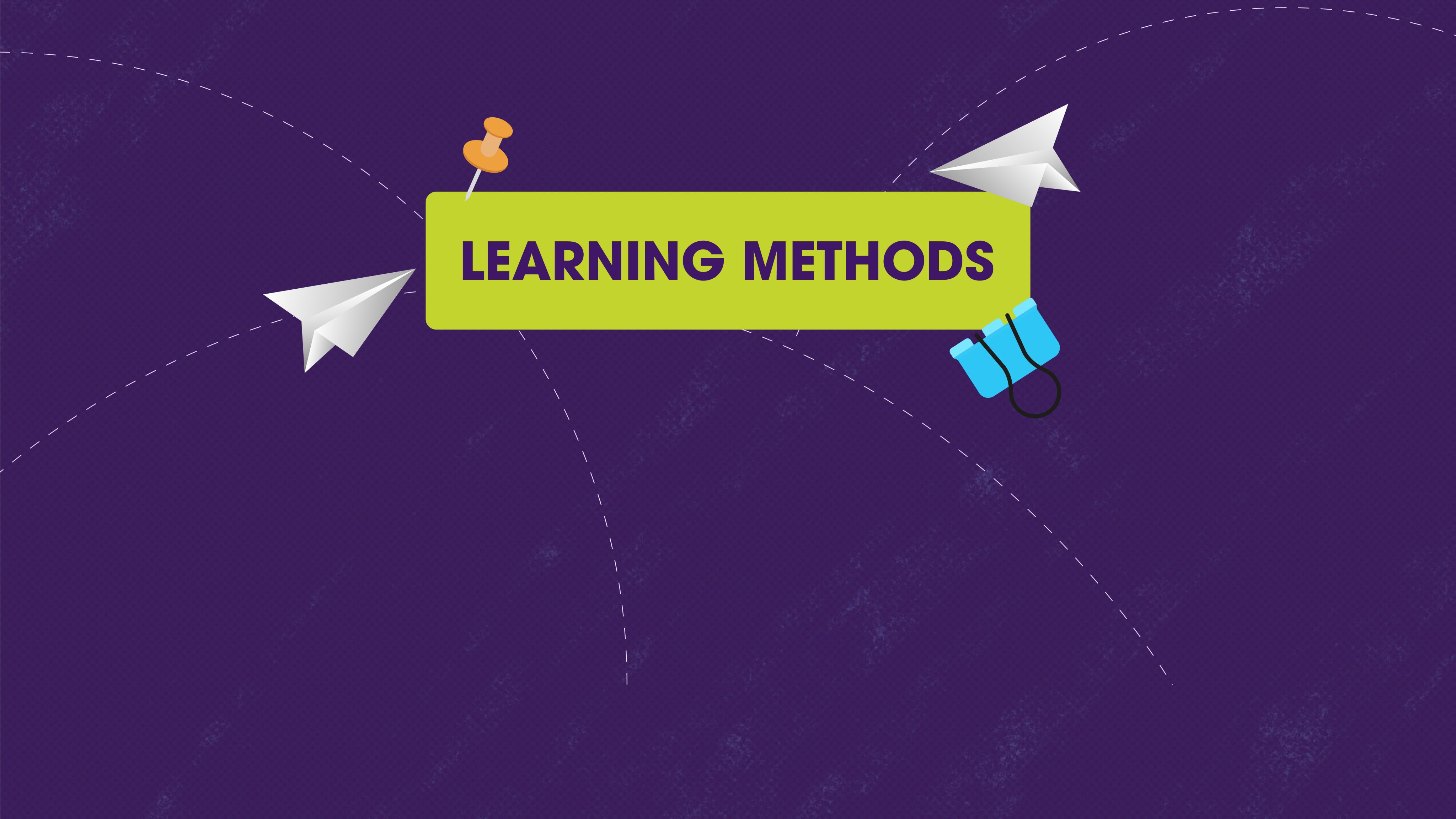
STRUCTURE
These modules provide practical solutions for cultural heritage organisations to enhance business and governance practices.
Each easy-to-follow, 20 minute module is designed to be practical and directly useful for operations.
The series, divided into six, 1 hour sections, can be used independently or as a cohesive learning journey for comprehensive development.
FEATURES
Real-Life Case Studies: Each module features case studies from cultural heritage organisations, offering practical insights and demonstrating successful implementation of discussed practices.
Learning Materials: Modules include links, downloadable templates, and supporting documents, offering practical tools to apply the knowledge directly to your organisation’s needs. These resources can be accessed by clicking the ‘Learning Materials’ button or following the links under the relevant module.
The modules ensure the resilience and sustainability of cultural heritage organisations, covering:
- Identity Development: Establish roles, purposes, and objectives.
- Site Management: Draft constitutions, define roles, and create business plans.
- Governance: Implement inclusive practices and community engagement.
- Legislation Compliance: Navigate international and national laws.
- Finance Management: Manage resources and finances, understand VAT.
- Social-Economic Balance: Enhance social assets, integrate into the ecosystem.
- Fundraising: Plan financially and explore various funding avenues.
- Risk Management: Follow UNESCO/ICOMOS processes and regular care management.

Topics Covered
The modules ensure the resilience and sustainability of cultural heritage organisations, covering:
- Identity Development: Establish roles, purposes, and objectives.
- Site Management: Draft constitutions, define roles, and create business plans.
- Governance: Implement inclusive practices and community engagement.
- Legislation Compliance: Navigate international and national laws.
- Finance Management: Manage resources and finances, understand VAT.
- Social-Economic Balance: Enhance social assets, integrate into the ecosystem.
- Fundraising: Plan financially and explore various funding avenues.
- Risk Management: Follow UNESCO/ICOMOS processes and regular care management.

